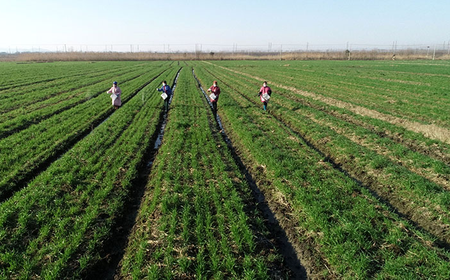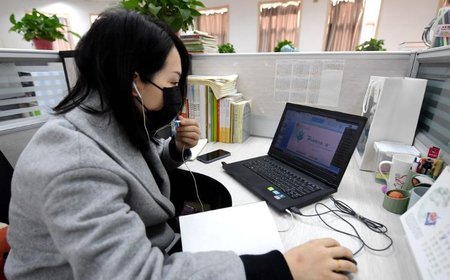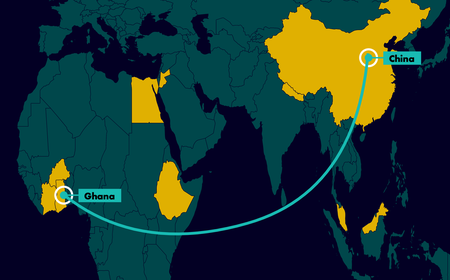At the start of 2020, COVID-19 broke out and spread rapidly all over the world. In the face of the epidemic, China has always put people’s lives and health first, and it decisively launched a people’s war against the epidemic. In order to avoid large-scale movement and gatherings during the epidemic, various provinces and cities in China have adopted effective measures, such as home isolation, an extension of the Spring Festival holiday, and a flexible work system. As a result, the epidemic has been effectively controlled but with negative and positive consequences.
A shock to the system
From the lens of macro-economy, investment, consumption, and exports that drive economic growth all have been affected. Firstly, increased budgets for epidemic prevention and control makes it difficult to ensure sufficient project funds, while the worsening epidemic in other countries also makes it harder to attract foreign investment. Secondly, consumption in areas such as catering, tourism, recreation and entertainment was suppressed to some extent. Moreover, China’s exports of goods have suffered a sharp decline due to the difficulties in resuming work, broken overseas supply chain of intermediate products, and the obstruction of personnel and material circulation channels, as well as the blocked flow of personnel and materials.
In terms of the negative impact of COVID-19, from the lens of industrial development, service industries such as tourism, catering, movies, products retailing, and finance have been hit badly during China’s Spring Festival. As COVID-19 occurred in the first quarter, which was supposed to be the golden season for consumption during China’s Spring Festival, various offline stores and shopping malls shortened their business hours. Moreover, Internet cafes, KTVs, movie theatres and other entertainment venues were also closed. In addition, the stock market has crashed, with history’s largest point plunge up to date.
Secondly, the transportation industry is adversely affected. Safety measures such as road closures as well as the reduction of passengers during holidays such as Qingming have greatly affected China’s railways, roads, waterways, and civil aviation.
Thirdly, the manufacturing industry has been hit harder, while agriculture, animal husbandry and fishery have been affected as well. Business activities for manufacturing enterprises, such as logistics, production, sales, and payment collection, have been affected. Most enterprises have suspended work and reduced production. Furthermore, owing to blocked transportation, feed can’t be delivered in a timely manner, thus the production and sales of animal products were affected. The short supply of animal products has resulted in raised prices especially for pork, which has approached or even exceeded the price of beef.
Fourthly, low-income groups are affected tremendously. Since urban low-income groups, formerly unemployed people, and rural low-income groups generally have a lower ability to resist risks, short-term unemployment, reduced income, and higher prices all make life difficult for these groups.
Unexpected benefits
Although COVID-19 has a significant negative impact on China’s economy, it does bring some beneficial effects. The digital economy has been accelerated in an all-round way. Intelligent and technological products have grown rapidly. Virtual spaces such as remote offices, online education, online consultations have expanded. And new models such as unmanned retail and influencer marketing continue to emerge, which will strongly fuel economic development.
Firstly, revenues from industries such as online games and online movie watching have risen sharply. Secondly, online retailing has become an important driving force for consumption growth. Stores on online shopping platforms such as Taobao as well as the number of live streaming products has increased significantly.
Thirdly, the demand for online education and online office software development continues to rise. Online video office created business opportunities for office software upgrading and development. Internet companies quickly released or updated APP online office functions, such as Alibaba’s DingTalk software, Tencent QQ, etc., which support punch-in, file transfer, and video functions.
Fourthly, the pharmaceutical industry and manufacturing industry of medical equipment have also witnessed rapid development. Increased demand for masks has accelerated the development of the textile industry.
A holistic view of COVID-19's economic impact
COVID-19 has both a positive and negative impact on China’s economy. While investment, consumption and exports, and service industries such as tourism, catering, movies, products retailing, and finance have been hit badly, digital economy, remote office, online education, online consultations and online shopping platforms have developed rapidly.



